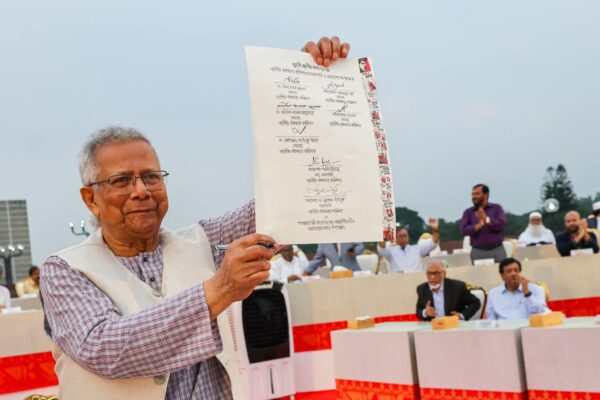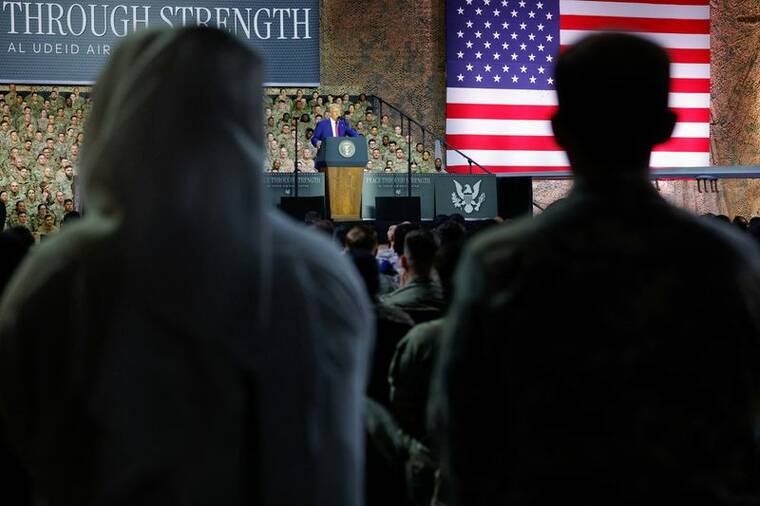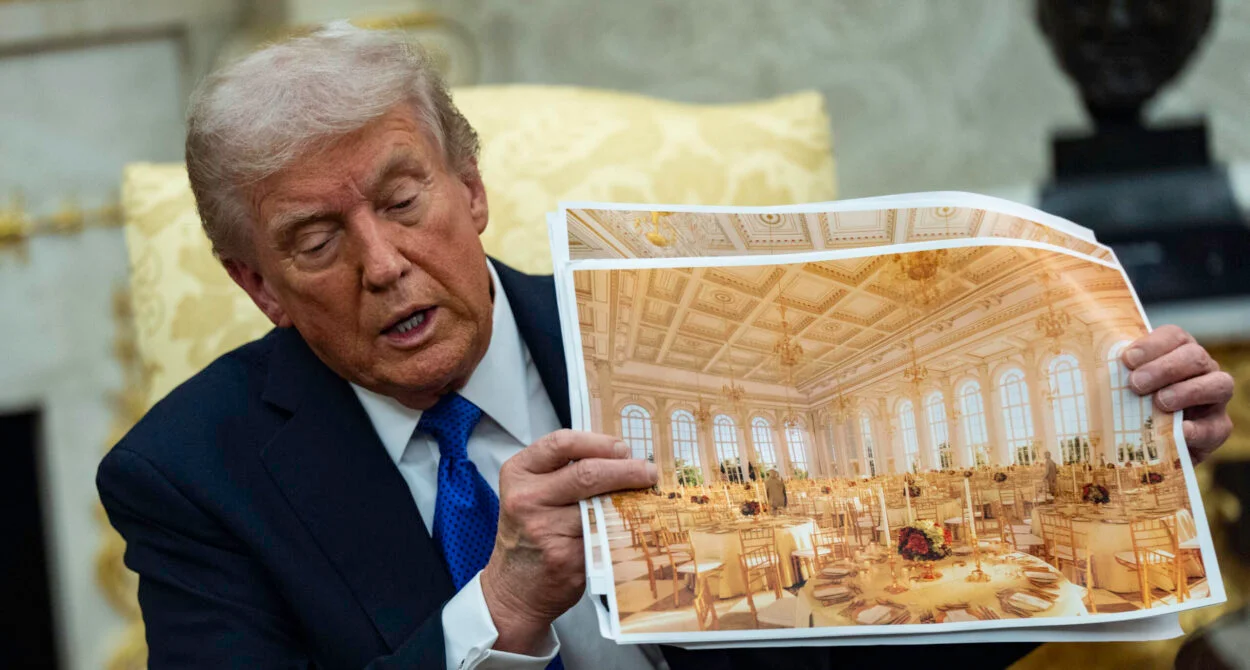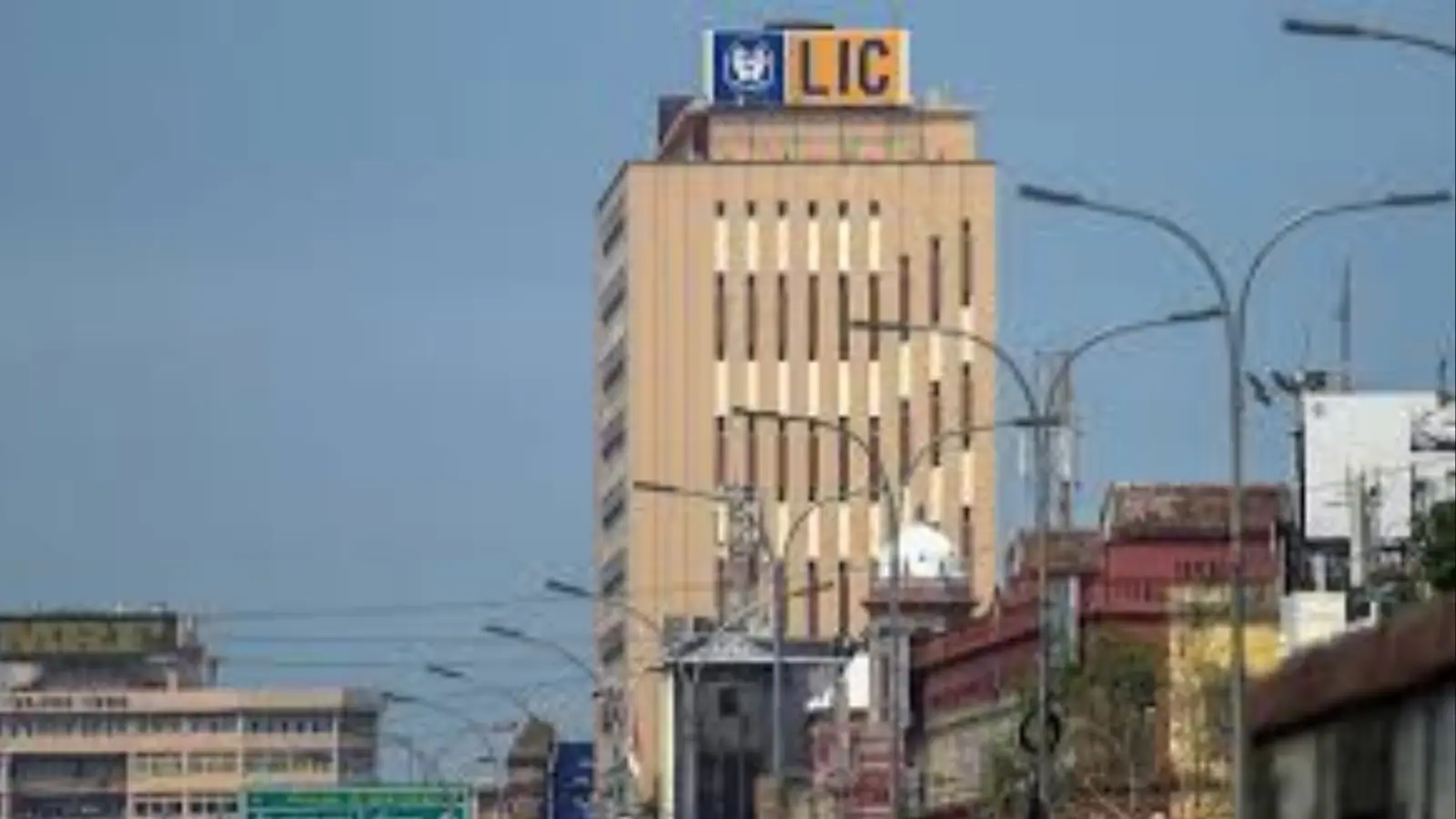Copyright thediplomat

On October 17, 22 political parties, including the Bangladesh Nationalist Party (BNP) and Jamaat-e-Islami, signed the July National Charter 2025. “It's a great day. It's the beginning of New Bangladesh…With this, they (political parties) took the nation to a new height,” Muhammad Yunus, chief adviser of the interim government, said in his speech after signing the charter. In a sweeping effort to reshape Bangladesh’s democratic architecture, the July National Charter introduces a series of bold constitutional reforms aimed at curbing authoritarian tendencies and restoring institutional balance. Among the most consequential proposals is a term limit for the prime minister — no individual may hold the office for more than ten years. This measure is designed to prevent the concentration of executive power and ensure leadership rotation, a principle that was long absent in Bangladesh’s political landscape. Equally transformative is the proposed amendment to Article 48(3) of the Constitution, which empowers the president to appoint the heads of six key state institutions independently. These include the National Human Rights Commission, the Information Commission, the Bangladesh Public Service Commission, the Law Commission, Bangladesh Bank, and the Bangladesh Energy Regulatory Commission. This is aimed at rebalancing authority between the president and prime minister, reducing the latter’s partisan control over regulatory and oversight bodies. Additional reforms include barring the prime minister from holding party leadership roles while in office, reinstating the caretaker government system to oversee elections, establishing a 100-member upper house elected through proportional representation, and amending Article 70 to allow MPs to vote independently on all matters except budget and confidence motions. Together, these provisions represent a radical departure from the status quo and a strategic attempt to insulate democratic institutions from executive overreach. The July Charter represents a bold attempt to reset Bangladesh’s democratic trajectory after years of political unrest, authoritarian drift, and institutional erosion during Sheikh Hasina’s rule from 2009 to 2024. After her government was ousted on August 5 last year following weeks of protests, Hasina fled to India, and Yunus took charge of the interim government on August 7. The interim government formed six national commissions to bring institutional changes. After receiving recommendations from these commissions, the government formed the National Consensus Commission. Headed by Yunus, the National Consensus Commission held a series of debates and dialogues with political parties and among political parties to reach a consensus about the democratic future of Bangladesh. However, the July Declaration, announced in August 2025, faced sharp criticism from Jamaat-e-Islami, Hefazat-e-Islam, and the National Citizen Party (NCP) for omitting several defining events in Bangladesh’s political history. These included the Shapla Square massacre of 2013, the Quota Reform and Safe Road movements of 2018, the Partition of India in 1947 (referred to by Jamaat as “Azadi of 1947”), and the 2006 “Logi-Boytha” (Boat-hook and Oar) killing in Dhaka, where Jamaat activists were allegedly beaten to death by Awami League supporters. The parties accused the interim government of historical erasure and selective memory, arguing that these events shaped public trust, political dissent, and institutional accountability. In response to these demands, the National Consensus Commission revised the framework and formally included all of these events in the July National Charter. This inclusion marks a shift toward broader historical recognition and reflects the clout of opposition parties. The updated Charter is now seen as a more inclusive document, acknowledging the full spectrum of Bangladesh’s political struggles and the need for transparent historical reckoning. These changes reflect a rare consensus among political parties and the National Consensus Commission, signaling a collective commitment to democratic renewal. It is noteworthy that the BNP, a major political party that is expected to win the upcoming election, has agreed to limit the prime minister's authority and accepted a 10-year term limit for the office. This is truly commendable and has been made possible by the aspirations sparked by the July Revolution — a promising sign for Bangladesh’s democracy. Jamaat and the NCP had refused to sign the July Charter, questioning its legal status. Eventually, Jamaat signed it on the condition that the interim government would pass a special order to bestow it with legal status. However, the NCP stayed away from the signing ceremony. If the July charter has no legal foundation, it will have no value or significance, NCP Convenor Nahid Islam said at a press conference on October 18. Despite the divisions over its legal status, the July Charter represents a watershed moment in Bangladesh’s political evolution. It is the first time in decades that such a broad coalition of parties has agreed on a framework for reform. It reflects a growing recognition that the status quo is untenable and that meaningful change requires collective action. It offers a chance to move beyond the cycles of repression and retaliation that have defined Bangladesh's politics. It provides a platform for rebuilding institutions, restoring public trust, and empowering citizens. Whether this promise will be fulfilled remains uncertain, but the very act of signing the Charter is a step toward a more inclusive and accountable democracy. Bangladesh will vote in elections in February 2026 and the July Charter will serve as both a guide and a test. It will shape the political discourse, influence voter expectations, and determine the legitimacy of the next government. In this sense, it is not just a document — it is a declaration of intent, a symbol of hope, and a challenge to all who seek to lead Bangladesh into its next chapter.



